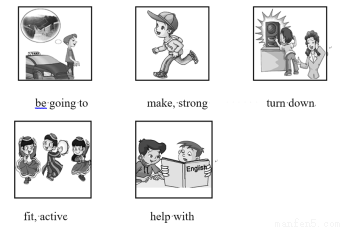��Ŀ����
--Tom, have you ever read the book��A Tale of Two Cities�� by Charles Dickens ?
--Yes ,I finished reading it last winter vocation��
A. wrote B. to write C. writing D. written
D �����������⣺������ķ����������˹���Ҹ�˹д�ġ�˫�Ǽǡ��𣿡����ǵģ���ȥ�꺮�پͶ����ˡ���ȥ�ִ�written�������ö�������the book��A Tale of Two Cities�����������ε�����֮���ʾ�����Ĺ�ϵ���ʴ�ΪD��
��ϰ��ϵ�д�
 ��У����ϵ�д�
��У����ϵ�д�
�����Ŀ



